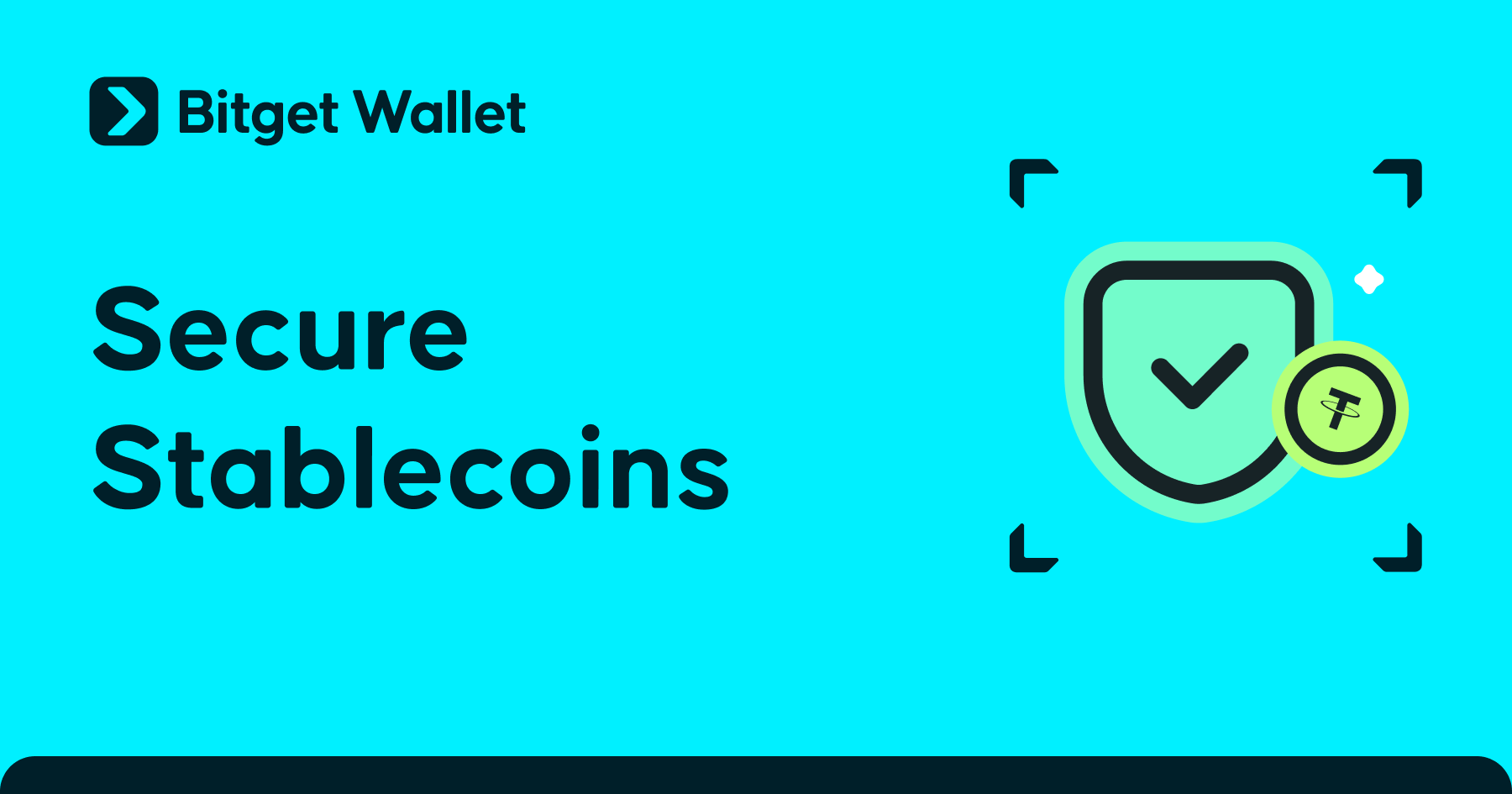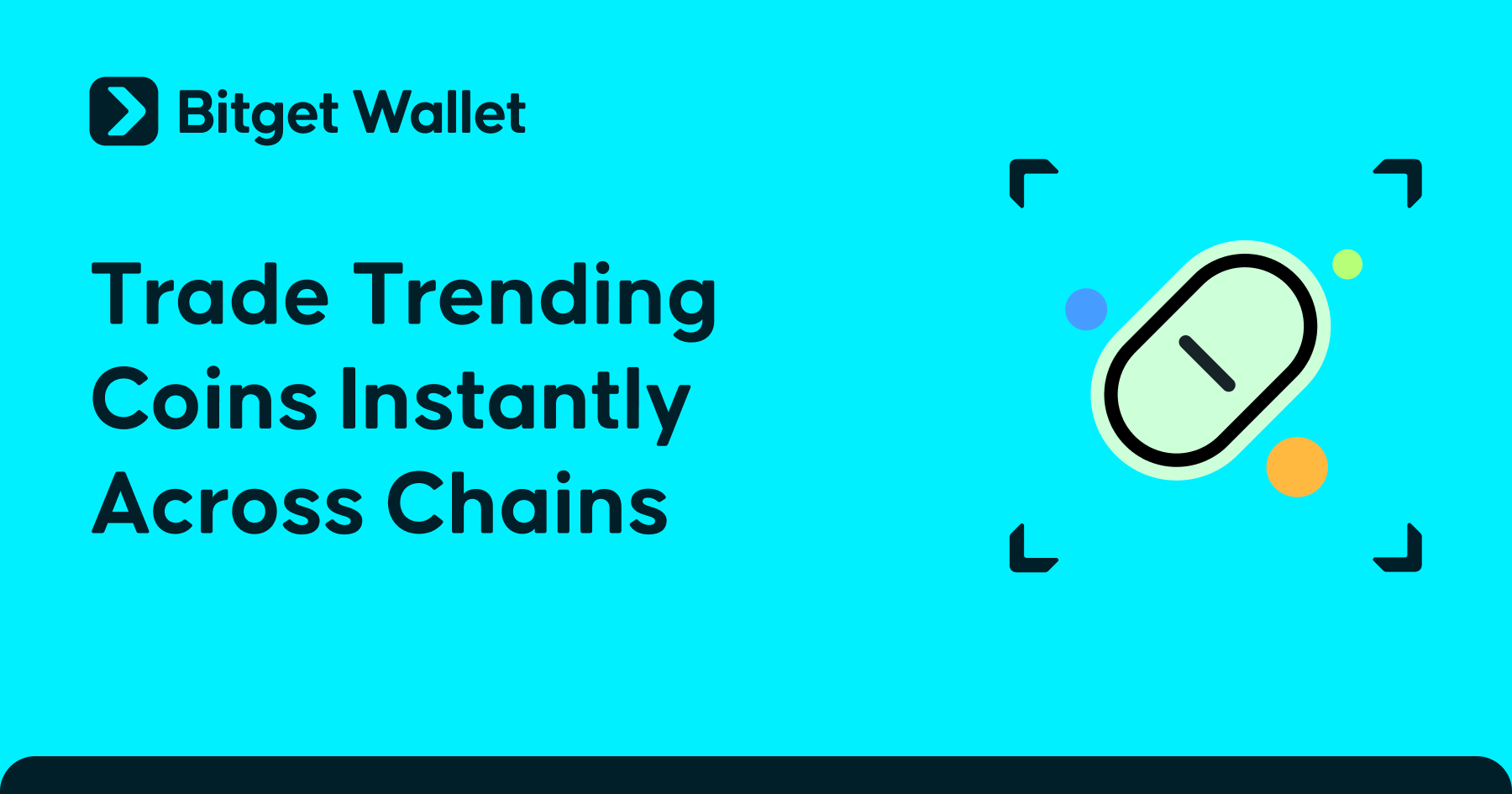How to Choose the Best Crypto Wallet in 2025 (Beginner’s Guide)

Best crypto wallet options in 2025 offer beginners unprecedented choices for managing Bitcoin, NFTs, and DeFi investments across blockchain networks. These tools do not physically house your digital currency tokens but rather protect the private keys that provide access to your virtual holdings.
Selecting your first and best crypto wallet demands assessing hot wallets for routine transactions against cold wallets for extended storage periods. Hot wallets maintain internet connectivity for operational ease, whereas cold wallets deliver superior protection through disconnected storage methods.
This article provides an easy-to-follow checklist for selecting your ideal wallet solution. After reading, you will learn essential crypto wallet security features, setup procedures, and comparative analysis of leading options, including Bitget Wallet.
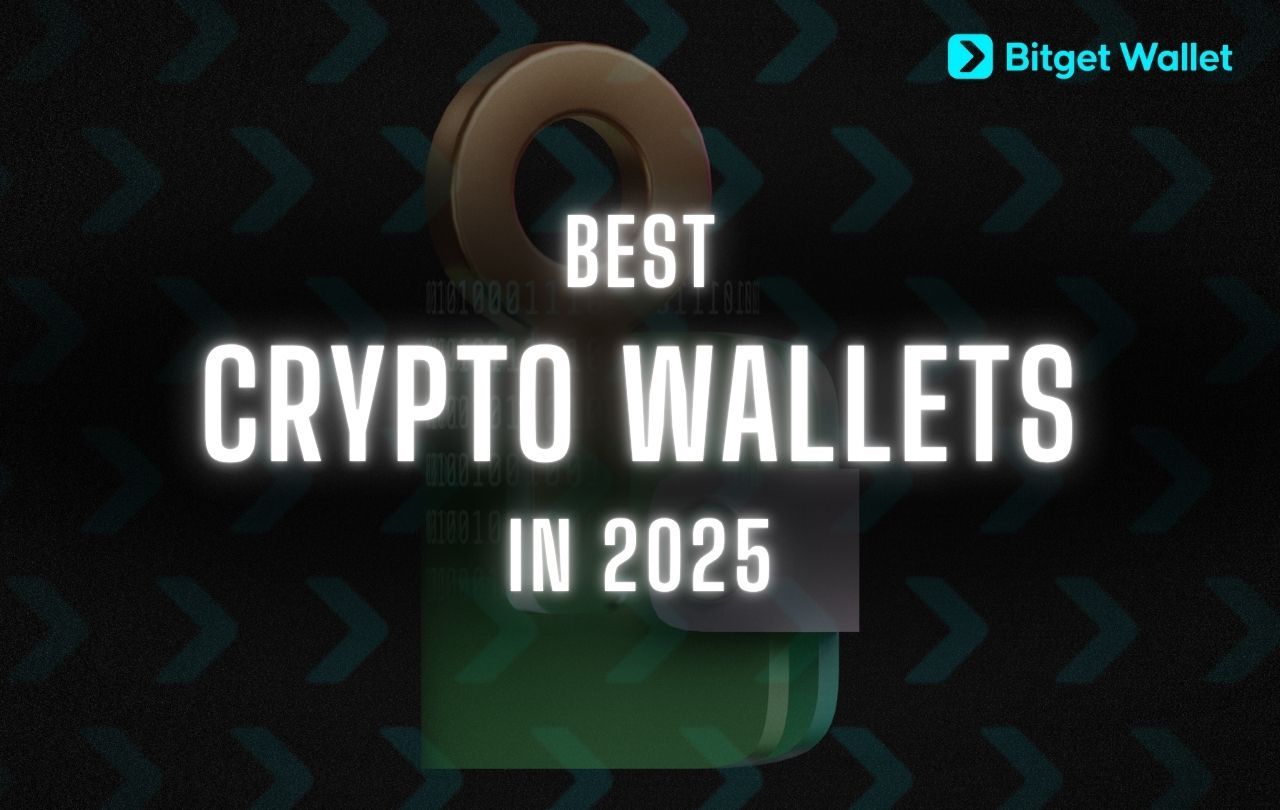
Key Takeaways
- A crypto wallet functions as a digital instrument that safeguard private keys, enabling users to access and control blockchain-based digital currencies. The tool offers protected entry to virtual assets rather than housing the actual tokens.
- Hot wallets stay connected to the internet for convenient daily transactions but face security risks. Cold wallets remain offline for maximum security but require manual processes for transactions.
- Choosing the right crypto wallet depends on your needs. Hot wallets work well for trading. Cold wallets suit long-term storage best. Multi-chain wallets offer broad compatibility. DApp-enabled wallets support DeFi tasks.
What Is a Crypto Wallet and Why Do You Need One?
Crypto wallets are digital tools designed to safeguard your private keys (not your tokens). They help you send, receive, and manage your digital assets across blockchain networks.
This tool becomes essential once you realize it is your only gateway to owning, securing, and spending digital assets. Everyone needs a crypto wallet because of the following three compelling reasons:
Reason 1: Wallets Hold Keys, Not Coins
Cryptocurrency wallets operate on a fundamental principle of cryptographic key pairs that control access to your digital assets.
-
Private Key:
This secret string of characters acts as your digital signature and proves ownership of your cryptocurrency. Thus, private key management is utmost important, as anyone having access to it can control your funds.
-
Public Key:
You can safely share your public address without putting your security at risk, unlike private keys. This is because public keys are like your account number or address where other people can send you cryptocurrency.
-
Seed Phrase:
Most current wallets generate seed phrases containing 12 to 24 words. These phrases help recover your crypto access when wallets get lost or damaged.
Unlike traditional banking transactions which can be disputed, cryptocurrency ones are irreversible once confirmed on the blockchain. This immutability means proper wallet security and careful transaction verification remain absolutely essential.
Read more: What Is a Crypto Wallet? A Beginner’s Guide to Digital Assets
Reason 2: Types of Wallets - Hot Wallet vs Cold Wallet
Hot wallets maintain a constant internet connection for instant accessibility and daily transactions. They offer user-friendly interfaces but face higher security risks from online threats. Yet, these software-based solutions are often free or cost little.
On the flip side, cold wallets operate offline, thereby providing maximum security through physical isolation. They safeguard against malware and phishing attacks but cost $50-$200 per device. Transaction processing takes 24-48 hours, making them ideal for long-term storage rather than frequent trading.
| Features | Hot Wallets | Cold Wallets |
| Internet Connection | Always connected | Offline/Disconnected |
| Security Level | Lower (vulnerable to online threats) | Higher (immune to hacking) |
| Transaction Speed | Instant | Requires manual connection |
| Cost | Free to low-cost | $50-$200+ |
| Ease of Use | Very convenient | Requires setup and manual process |
| Best Use Case | Daily transactions, trading | Long-term storage, large amounts |
| Ideal For | Beginners, frequent traders | Security-conscious users |
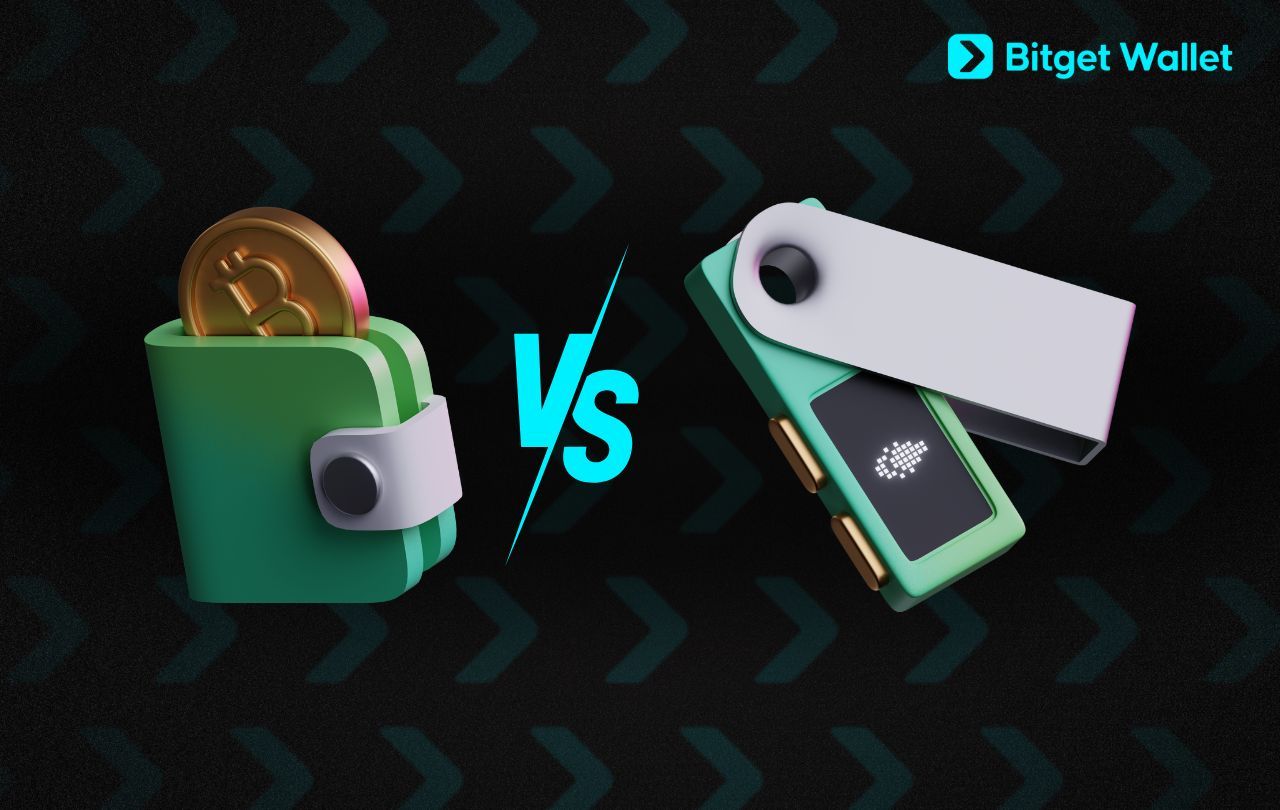
Reason 3: Use Crypto for Daily Payments, Just Like Cash
Modern crypto wallets enable practical payment solutions for everyday transactions. Research shows e-commerce payments represent the most attractive cryptocurrency activity. These wallets support QR code scanning, tap-to-pay functionality, and direct merchant integration.
Users can also make point-of-sale payments, complete online shopping, transfer funds peer-to-peer, and send international remittances. Growing merchant acceptance positions crypto wallets as viable alternatives to conventional payment methods for daily financial activities.
Read more: What Are Crypto Payments? Crypto PayFi vs. Traditional Payments
How to Choose the Best Crypto Wallet in 2025?
Selecting the right crypto wallet in 2025 warrants evaluating the below six essential criteria:
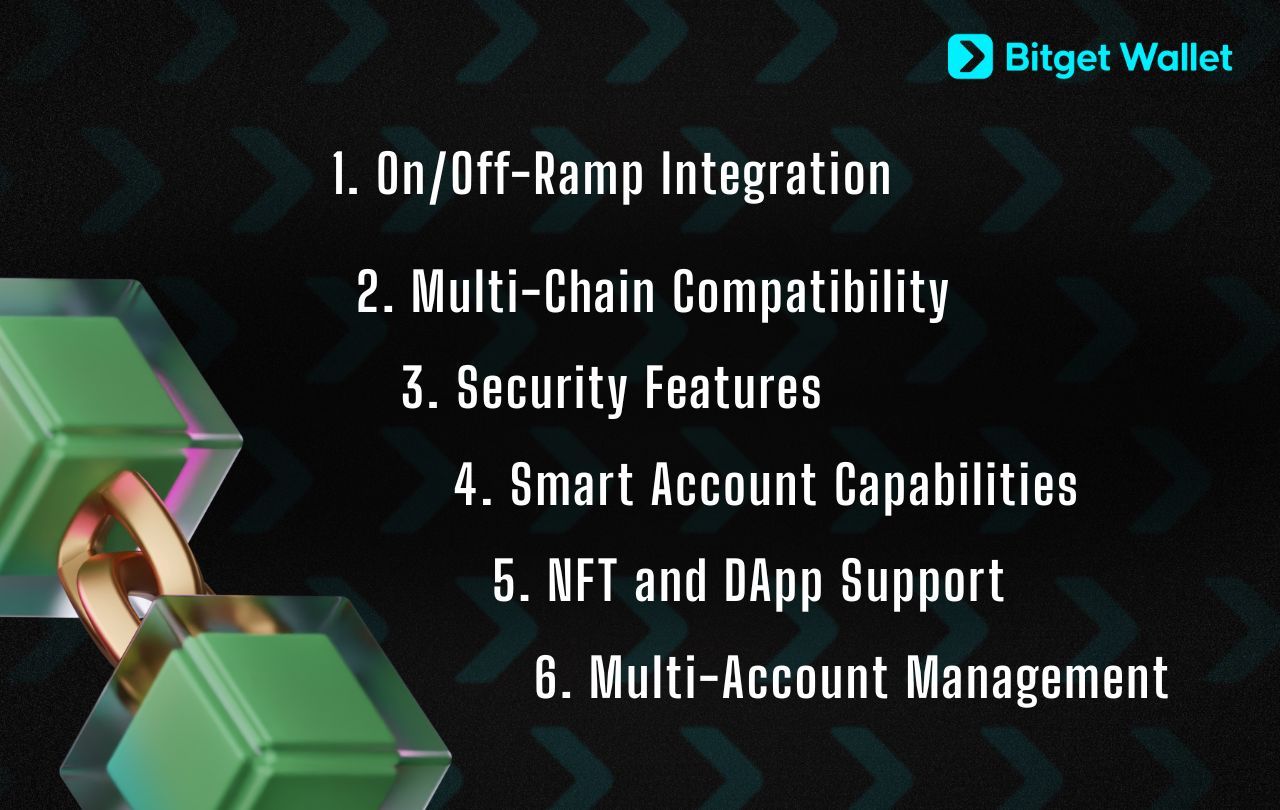
1. On/Off-Ramp Integration
Fiat on/off-ramps remove the need for new users to use different exchanges when switching between regular money and crypto. Today's wallets even include many payment methods like debit cards, credit cards, bank transfers, and local systems such as Transak.
Take an example with a Bitget Wallet review here. This wallet exemplifies complete off-ramp and on-ramp integration through its partnership with Onramp Money. It also offers zero-fee transactions for all cryptocurrencies, which encourages broader crypto adoption.
2. Multi-Chain Compatibility
When using crypto wallets with multi-chain support, like Bitget Wallet, you can seamlessly access multiple blockchain networks, such as Ethereum, Solana, BNB Chain, and Polygon. Those offering this compatibility can be the best DeFi wallets as they let you join different DeFi protocols and NFT markets.
Another example features MetaMask. Despite being popular for Ethereum-based applications, it is expanding support for other networks through browser extensions.
3. Security Features
Today's crypto wallets employ several security methods like two-factor authentication, seed phrase backup, and fingerprint login features. The fundamental consideration involves whether users maintain control of private keys or rely on custodial services.
Advanced crypto wallet security measures include unique passwords and multi-signature wallets. A wallet with address book features also helps prevent address poisoning attacks.
4. Smart Account Capabilities
Smart accounts represent the future of wallet technology, offering programmable functionality beyond basic transactions. Typical examples include:
-
Social recovery:
This feature leverages trusted contact networks to ensure access recovery, thus addressing the traditional challenge of lost or stolen private keys.
-
EIP-5792:
The standard helps standardize the interface for sending transactions, ensuring consistency whether they originate from EOAs or smart accounts. This allows users to approve and execute trades in one seamless step rather than navigating through multiple transactions.
You can find these smart account capabilities in Coinbase Smart Wallet. This option provides features like Magic Spend, which allows direct spending from accounts without transferring assets to their smart wallet first.
5. NFT and DApp Support
This criterion has become very important for choosing the best crypto wallets in 2025, as the blockchain ecosystem is growing quickly, with over 245 NFT marketplaces and 68 million blockchain wallet users.
Modern wallets must support many token standards, including ERC-721 and ERC-1155, for NFTs, enabling users to store, view, and trade digital collectibles. Features like token gating, POAP (Proof of Attendance Protocol) integration, and gaming collectibles are also pluses in expanding wallet utility beyond simple storage.
Some examples are Phantom Wallet, which is the best wallet for NFTs on Solana, and Bitget Wallet, which works with many different blockchain networks.
6. Multi-Account Management
This functionality allows users to separate different types of cryptocurrency activities within a single wallet interface while maintaining distinct security profiles for various use cases. For instance, you can have both spending accounts and savings accounts:
-
Spending accounts:
Designed for daily transactions, DeFi interactions, and frequent trading activities, typically containing smaller amounts that users can afford to risk.
-
Savings accounts:
Acting as secure storage for long-term holdings, emergency funds, and significant cryptocurrency investments that require maximum protection.
Certain advanced wallets even utilize hierarchical deterministic (HD) wallet architecture that generates multiple accounts from a single seed phrase while maintaining complete separation between funds. This way, users can create unlimited sub-accounts without compromising the security of the master seed.
Lastly, look for crypto wallets with simplified UX and risk mitigation strategies. Besides intuitive labeling systems and dashboard views, a high-quality wallet should have automated risk control features like spending limits per account and suspicious activity monitoring.
Extra Features to Consider in a Crypto Wallet
In addition to the above criteria, the following advanced features can distinguish premium wallets from basic storage solutions and significantly enhance security, transaction efficiency, and overall user experience.
Fee Customization
Modern crypto wallets offer complex fee customization options that allow users to balance transaction speed with cost. Many wallets have slow, medium, and fast settings corresponding to different fee levels and expected confirmation times.
For Ethereum transactions, premium wallets can implement gas estimation algorithms that calculate optimal gas prices based on current network conditions. They are also capable of expressing fees in satoshis per byte for Bitcoin (BTC).
Address Book and Whitelisting
Address poisoning describes complex attack methods where criminals generate cryptocurrency addresses that look nearly identical to real ones, changing only a few characters.
These attacks take advantage of users' tendency to copy addresses from past transactions instead of checking every character carefully. To counter address poisoning, advanced crypto wallets often offer convenient features like:
-
Address Book:
Allowing users to save and label frequently used addresses. Users can verify addresses once during the initial save process and subsequently rely on their saved entries for future transactions.
-
Whitelisting:
Restricting transactions to pre-approved addresses only, particularly valuable for institutional users or individuals managing large amounts of cryptocurrency.
Cloud Backup or Hardware Backup
Secure seed phrase storage represents the most critical aspect of crypto wallet security. Loss of the seed phrase typically results in permanent fund loss, while unauthorized access enables complete asset theft.
Typically, there are two approaches to seed storage:
-
Cloud backup solutions:
iCloud and Google Drive encrypted backup options provide convenient recovery solutions with automatic synchronization across devices and simplified restoration processes.
-
Hardware backup alternatives:
Hardware ledger backup represents the most secure alternative. It keeps sensitive information completely offline and safe from digital threats through specialized secure elements.
How to Set Up Your First Crypto Wallet?
Setting up your first crypto wallet requires following specific procedures for either hot or cold wallet configurations.
Setting Up a Hot Wallet
Step 1: Download the Wallet Application
Start by choosing a trusted software wallet provider and getting the app. Only download from safe sources like App Store, Google Play Store, or the provider's official website to prevent harmful software.
This section will use Bitget Wallet to exemplify the procedure. For this first step, make sure you download the option from its official website.
Step 2: Create Your Account and Set Security
Open the Bitget Wallet app and select "Create Wallet" to begin the setup process. Set up a strong PIN by entering it and confirming through re-entry. Pick something you can remember but others cannot guess easily.
Next, make a safe password with capital letters, small letters, numbers, and symbols mixed together. Finish ID checks when needed, since certain wallets ask for official documents and photos for better protection.
Step 3: Enable Two-Factor Authentication
Turn on 2FA right after making your wallet by clicking the settings button at the top right of the Bitget Wallet screen.
Copy the setup key or scan the QR code with your Google Authenticator app, then enter the generated code to link your wallet with 2FA protection.
Step 4: Secure Your Recovery Phrase
The wallet will generate a 12- or 24-word recovery phrase that serves as your master backup. Write down the phrase on paper and never store it digitally or take screenshots.
Also, never share this phrase with anyone, as it can provide complete access to your funds.
Step 5: Fund Your Wallet
Obtain your wallet address from the receive section of your app and transfer funds from an exchange, another wallet, or purchase directly through integrated services.
Start with small amounts to test the functionality before transferring larger sums.
Read more: How to Set Up and Use Bitget Wallet?
Setting Up a Cold Wallet
Cold wallet setup begins with purchasing reputable hardware devices directly from manufacturers like Ledger or Trezor to ensure package integrity. Configure a strong PIN code, generate and securely store the 24-word recovery seed phrase on provided recovery cards, and complete device testing with small transactions.
Cold wallets serve as optimal solutions for long-term storage of high-value cryptocurrency assets by keeping private keys completely offline.
Which Type of Wallet Is Best for You?
Different wallet types serve different purposes. Understanding which aligns with your goals will help you easily select the best crypto wallet for your digital assets.
| User Profile | Key Features Needed | Recommended Wallet Type |
| Daily Trader | Fast transactions, low fees, exchange integration | Hot wallet |
| NFT Collector | ERC-721/1155 support, gallery view, marketplace integration | Multi-chain wallet |
| Long-term HODLer | Maximum crypto wallet security, offline storage, backup options | Cold wallet (hardware) |
| DeFi User | Smart contract interaction, yield farming, staking | Wallet with dApp support |
| All-in-One User | Multi-chain support, DeFi, NFT, payments | Multi-chain hot wallet (Bitget Wallet) |
Bitget Wallet stands out as a comprehensive solution. This versatile wallet combines multi-chain compatibility, DeFi integration, NFT support, and payment functionality in a single platform. Download Bitget Wallet today to experience the convenience of an all-in-one crypto solution.
Conclusion: Secure Your Crypto Future with the Bitget Wallet
Best crypto wallet selection requires careful evaluation of security features, functionality, and compatibility with your specific needs.
Choose the Wallet That Matches Your Needs
The ideal wallet balances security, ease of use, and support for your target asset types. Daily traders prioritize speed and exchange integration, while long-term holders require maximum security through cold storage solutions.
However, no single wallet serves all users perfectly, making personal evaluation essential. Think about your experience level, how often you trade, and what security measures you need before choosing your wallet.
Why Bitget Wallet Is One of the Best Crypto Wallets in 2025
Bitget Wallet is an all-rounded solution that addresses multiple user profiles simultaneously.
The versatile wallet offers multi-chain support, integrates DeFi functionality, and combines NFT support, seamless off-ramp and on-ramp integration, and intuitive user experience design.
FAQs
1. Which crypto wallets work best for new users in 2025?
Bitget Wallet ranks as the best crypto wallet for beginners in 2025. It provides multi-chain support, built-in DeFi protocols, NFT marketplace connections, and smooth payment options through one protected platform.
2. What is the difference between hot and cold crypto wallets?
Hot wallets require online connection to enable easy daily trades but create security vulnerabilities. Cold wallets keep crypto offline to provide top protection from internet attacks but remain exposed to physical damage or misplacement.
3. Are crypto wallets safe from hackers?
A self-custody wallet with strong protection methods like two-factor authentication, seed phrase storage, and physical device security is a secure crypto wallet in 2025 that is worth your consideration. Bitget Wallet provides these essential security features effectively.
Risk Disclosure
Please be aware that cryptocurrency trading involves high market risk. Bitget Wallet is not responsible for any trading losses incurred. Always perform your own research and trade responsibly.
- What Is Crypto Fear and Greed Index: How Traders Read Fear vs Greed Signals2025-11-19 | 5 mins
- How to Pay with Crypto: Fast, Safe, and Beginner-Friendly Method2025-11-18 | 5 mins
- How to Convert Your Crypto to Cash: 5 Easy Ways for Beginners2025-11-18 | 5 mins







